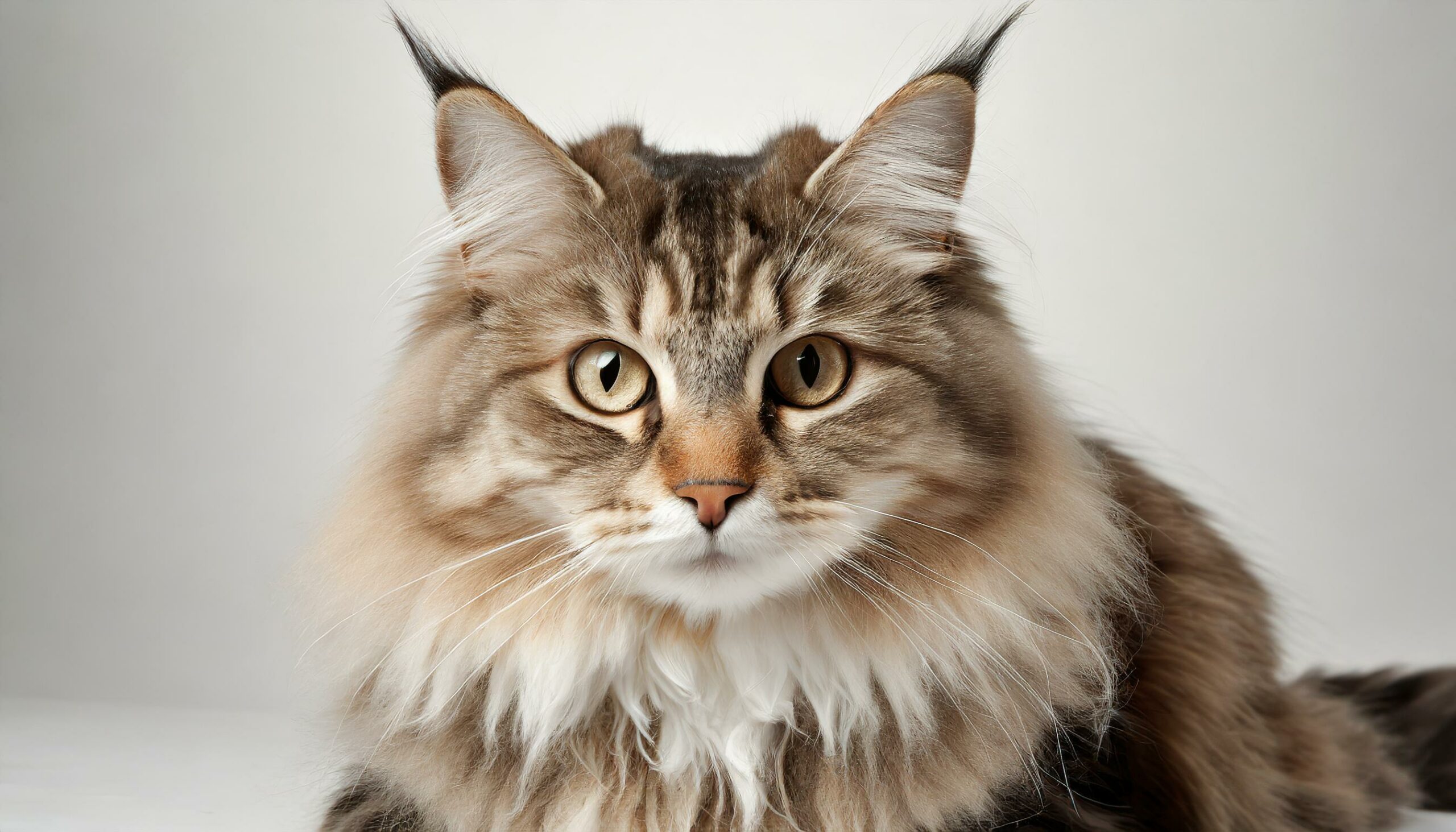The Siberian cat, with its luxurious fur, robust build, and warm personality, is a breed that captures the essence of its native Russia’s vast forests and harsh climates. This ancient breed, known for centuries in its homeland, has gained international acclaim for its striking appearance, playful temperament, and hypoallergenic qualities. The Siberian is a natural breed, meaning it developed without human intervention, and it embodies the rugged beauty and spirited heart of the wild. This profile delves into the Siberian’s origins, physical characteristics, temperament, care needs, and its role as a cherished and versatile member of the family.
Origins and History
The Siberian cat’s history is steeped in the folklore and tradition of Russia, where it has been known for at least a thousand years. These cats were valued for their hunting prowess, keeping homes and stores free of rodents, and were also revered for their majestic beauty and companionable nature. The Siberian cat was first officially recognized in Russia in the late 1980s and made its way to the United States in the 1990s, where it quickly captivated cat enthusiasts. Despite its relatively recent recognition by cat fancier associations, the Siberian is considered one of the oldest cat breeds in the world.
Physical Characteristics
The Siberian is a large, powerful cat, with males often weighing between 15 to 20 pounds and females slightly smaller. Their most notable feature is their long, dense, and water-resistant triple coat, which comes in a wide variety of colors and patterns. The breed’s large, round eyes, which can be green, gold, or copper, add to its expressive and captivating face. Siberians have a strong, muscular build, with large paws and a full, bushy tail, all of which equip them for survival in cold climates. Their overall appearance exudes strength, agility, and natural grace.
Temperament and Behavior
Siberian cats are known for their affectionate, gentle, and playful temperament. They are highly sociable animals that thrive on interaction with their human companions and are often described as having a dog-like personality. Siberians are intelligent and curious, enjoying interactive toys and games that challenge their minds. Despite their playful nature, they are also quite content to curl up with their family members, showcasing their adaptable and loving disposition. Siberians are good with children and other pets, making them excellent family companions.
Care and Health
The Siberian’s thick coat requires regular grooming to prevent matting and to manage seasonal shedding. Weekly brushing is usually sufficient to keep their fur in good condition, though more frequent grooming may be necessary during shedding seasons. They are an active breed that benefits from regular play and exercise. Siberians are generally healthy but can be predisposed to certain genetic conditions, including hypertrophic cardiomyopathy (HCM). Providing a balanced diet, regular veterinary check-ups, and a stimulating environment are essential for their well-being.
The Siberian in the Family
The Siberian cat makes an excellent companion for a wide range of households, including those with children and other pets. Their playful yet easygoing nature and ability to form strong bonds with their families make them adaptable to various living environments. For individuals and families looking for a pet that combines stunning natural beauty with a warm and engaging personality, the Siberian offers a rewarding and affectionate companionship. Additionally, their hypoallergenic qualities make them a suitable choice for some allergy sufferers, further enhancing their appeal as a family pet.
In conclusion, the Siberian stands as a breed of remarkable character, beauty, and resilience. With its origins rooted in the ancient forests of Russia and its status as a beloved companion, the Siberian continues to enchant cat lovers around the globe. For those willing to provide the necessary care, affection, and engagement this breed craves, the Siberian offers a fulfilling and enriching companionship, serving as a devoted friend and an integral part of the family.
